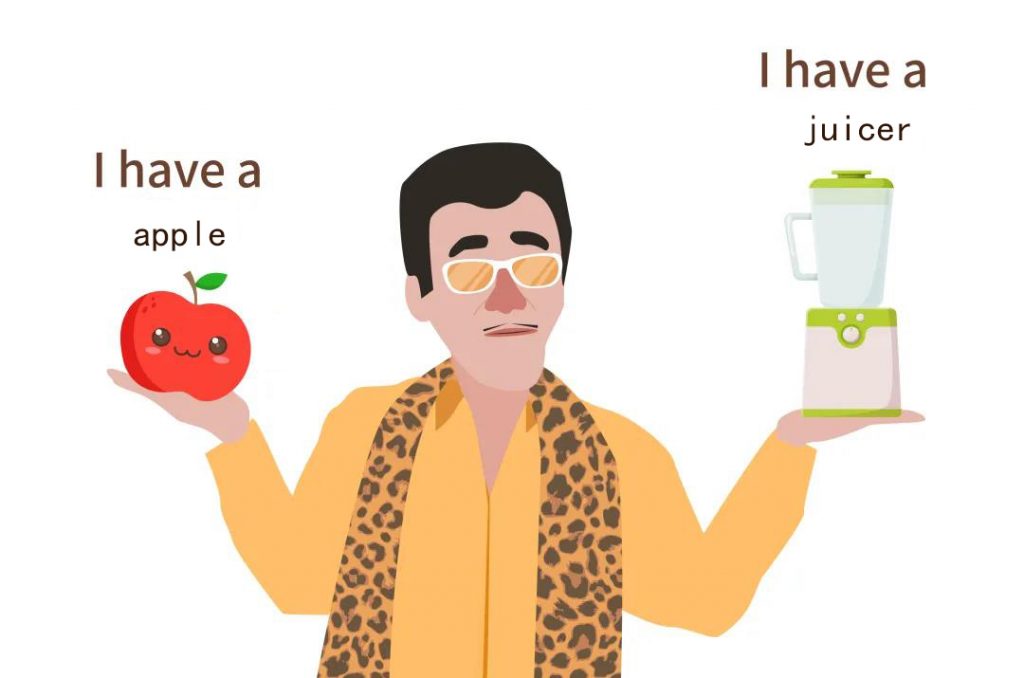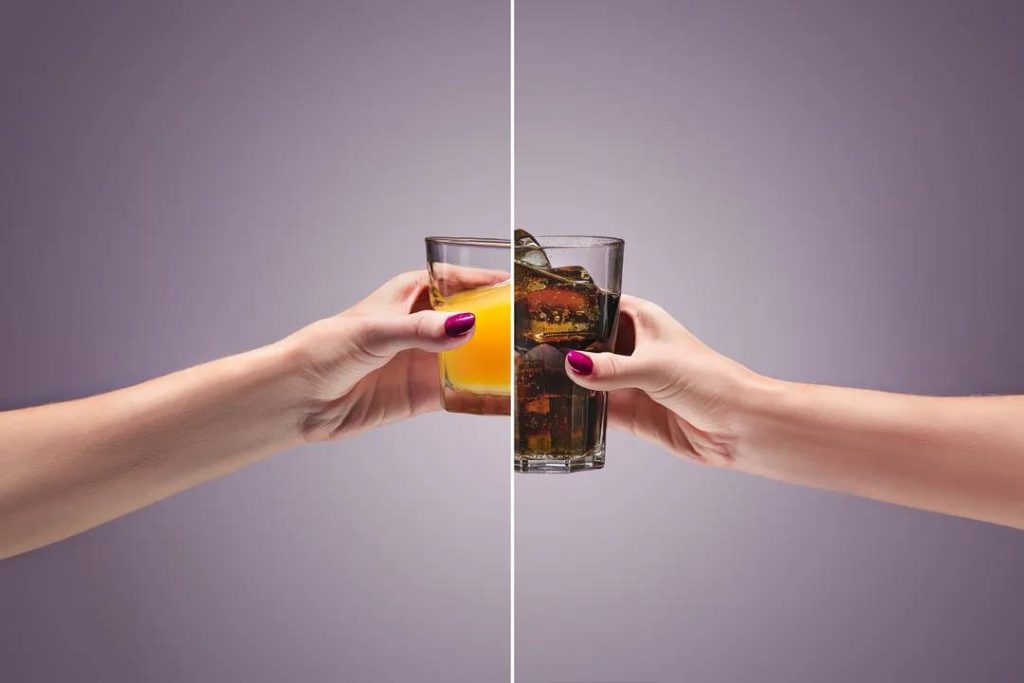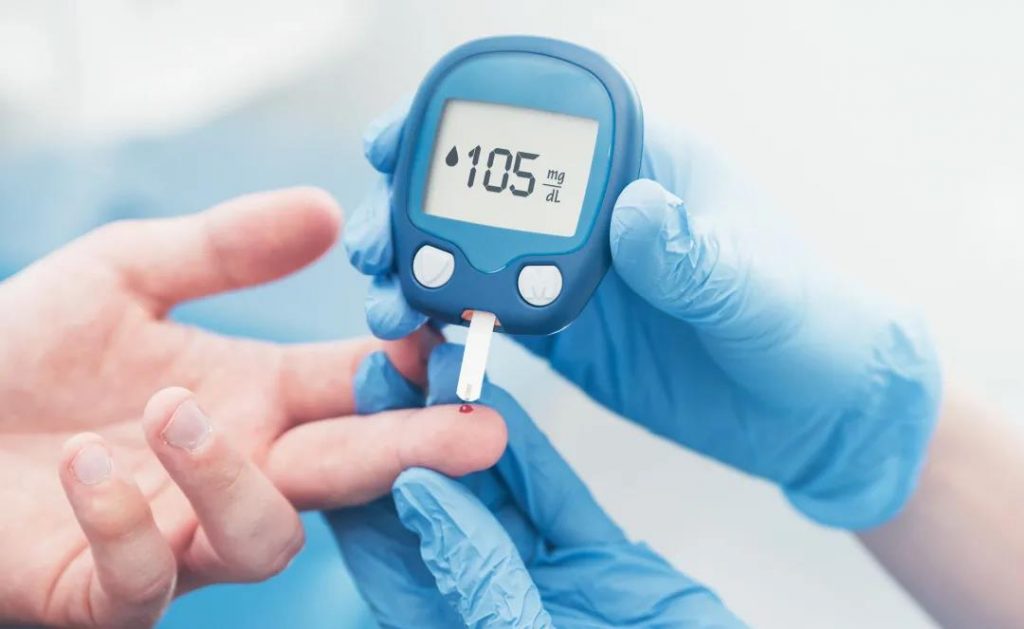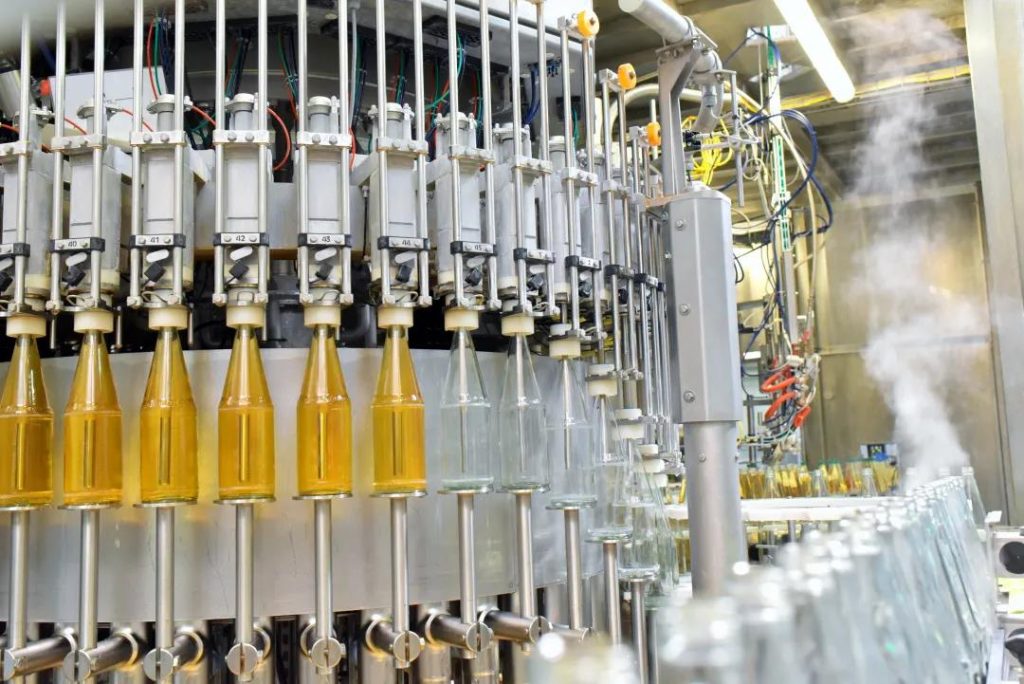
With the popularity of juicers and wall breakers, pairing a glass of freshly squeezed juice with meals has quietly become a highly respected “healthy lifestyle”.
There are also people who believe that: freshly squeezed fruit juice is a concentrated essence, breaking the fruit for better absorption…
However, no matter from a health or nutritional point of view, we do not recommend that you use juice instead of fruit.
But many people have such confusion:

I make the fruit into juice, but it changed from solid to liquid. According to the law of conservation of matter, what I eat hasn’t changed, so why is it unhealthy?
Tell you a secret: solid fruit and liquid fruit are not the same thing.
And it’s from a good thing to a bad thing.
Is freshly squeezed juice a healthy drink?
The more serious points:
Freshly squeezed fruit juice is more likely to raise blood sugar and increase the risk of diabetes;
After the fruit is squeezed, the nutrient content is lost;
If you can eat fruit, don’t drink it.
For fruits, the concentrate is not the essence,
But sugar sugar sugar sugar sugar…
Some people say that after the fruit is squeezed, the nutrients in it can be absorbed by the body more quickly.
Let me tell you another secret: After the fruit is squeezed into juice, the main nutrient component is sugar.

Especially the filtered juice, which perfectly avoids most of the advantages of fruits, turns into “sugar water” and cola side by side.
The consequence of good sugar absorption is that blood sugar rises rapidly, which is the legendary GI (glycemic index) rises.
1. Juicing destroys the structure of the fruit, making sugar easier to absorb

Whole fruits are rich in dietary fiber. Even if the sugar in the fruit has been squeezed out during chewing, when the intestine is absorbed into the blood, part of it will be dragged by the dietary fiber and cannot move freely. As a result, the speed at which sugar is absorbed is much slower than that of sugary drinks.
After the fruit is squeezed and “broken”, the dietary fiber is either almost gone, or it is beaten very finely, and the ability to seize the sugar is greatly reduced. These sugars from fruits can run to the blood.
Moreover, when making fruit juice, the pomace is usually thrown away. At this time, the difference between fruit juice and sugary drinks such as cola may only be the micronutrients and phytochemicals in the fruit.
The sugar in fruit juice that can be quickly absorbed by the body belongs to “free sugar”.
Free sugars include sucrose, glucose, fructose, syrup (also called added sugar) added to food, and sugars naturally present in honey and fruit juice.
The daily intake of added sugar should not exceed 50 grams, and it is best to control it below 25 grams.
The sugar content of some fruit juices can reach 23.2g/100g or more. What is the concept? A glass of juice reaches the recommended limit before it is finished.
- Fruit juice will increase blood sugar faster and increase metabolic stress
The main reason why free sugars are restricted is that they can be quickly absorbed into the blood, causing large fluctuations in blood sugar and increasing the body’s metabolic burden.
Under normal circumstances, what we eat is the starch in rice and noodles, which are slow to digest, and the sugar is slowly released. The pressure on the body is probably like this:
The absorption of free sugar in the human intestine is very fast. If they are allowed to drive straight into the blood vessels all at once, the pressure on the pancreas and carbohydrate metabolism in the body may become like this in an instant.
Take oranges as an example. According to the International Glycemic Index (GI) table, the GI of an orange is about 33-40. After being squeezed into orange juice, the GI will soar to 46-54.
A study by the University of Bristol compared the effects of eating oranges and drinking orange juice on blood sugar metabolism.

Studies have found that even if you eat as much sugar as you eat, drinking orange juice stimulates the pancreas to secrete insulin almost twice as much as when you eat oranges.
A similar phenomenon also exists in other juices such as apple juice.
3. Blood sugar rises fast, which is closely related to type 2 diabetes
A high-GI diet has a stable relationship with the onset of type 2 diabetes. Unexpectedly, in a large sample study, the association between drinking fruit juice and diabetes was also confirmed.
In 2015, an article published in the top medical journal “British Medical Journal” (BMJ) summarized 17 large population follow-up studies, and finally concluded:
Even if the effects of gaining weight are excluded, people who drink a juice (about 250 ml) a day have a 10% higher risk of diabetes than those who do not drink juice;
In terms of diabetes risk, fruit juice is unlikely to be healthier than sugary drinks.
Don’t think that diabetes is a “senile disease”, it has nothing to do with yourself.
If the fructose rich in fruits is freely released in free form, it may also put pressure on the lipid metabolism of the liver.
A small sample pilot study conducted by the University of Copenhagen in Denmark showed:
Eating apples directly can reduce blood low-density lipoprotein cholesterol (LDL); if it is made into juice, even if the pomace is retained, the effect of lowering LDL will be greatly reduced; if you drink the juice with filtered pomace, then LDL not only does not decrease, there is even a slight rise.
Although this experiment is not enough for the next real hammer conclusion, its results have reminded us that even the juice that retains dietary fiber is greatly reduced in health.
Moreover, after the fruit is juiced, the feeling of fullness is weak and the stomach empties quickly. Compared with fruits with a larger body, juice is much “smooth” throughout the gastrointestinal tract, and it is easy to overdose.
If you eat 5 oranges in one meal, you must feel that it is too much. But a freshly squeezed orange juice machine on the streets of shopping malls uses 5 oranges in one cup. Consider how much sugar is in this cup… In addition to health considerations, in terms of nutritional intake, we also do not recommend using fruit juice instead of fruit.
After the fruit is squeezed, the nutrition is greatly lost
Many people think that matter is conserved anyway, no matter how I smash it, the nutrient content of the fruit will not disappear out of thin air, then I can eat it no matter what I want!
Let me tell you another secret, the most stable nutrient in fruit is still–
Sugar
Vitamin C in fruits will be quickly oxidized after contact with oxygen in the air, thus losing its efficacy.
Studies have shown that if you directly use a juicer to squeeze the juice in an unprotected environment, the vitamin C loss at the moment of squeezing out can reach up to 84%.
If the juice is placed directly in the air, the surviving vitamin C will continue to decrease rapidly.

Freshly squeezed juices at home and in stores are not even as high in vitamin C as industrial juices.
With the support of industrial freezing and concentration, inert gas protection environment, sealed packaging and other conditions, the vitamin C loss after fruit juice extraction may still be controlled at about 10%.
However, several months have passed since a box of fruit juice leaves the factory to reach the consumers. At this time, the vitamin C has also been greatly lost.
For adults with normal digestive functions, there is no need to deliberately buy all kinds of “torture instruments” such as juicers and wall breakers to torture fruits in order to pursue good absorption and good digestion.
For infants and young children between 6 and 12 months of age, since the digestive system is not yet fully developed, when adding fruits as a complementary food to the diet, it is indeed necessary for parents to make fruit puree before eating.
However, it should be noted that the fruit puree cannot be kept in a bottle for children to suck and drink, but should be fed with a spoon, so that the children can chew fully, otherwise it may increase the risk of dental caries.
The same goes for not just fruits, but also cereals. The finer the processed, chopped and ground food, and the longer the cooking time, the higher the glycemic index. This is not conducive to maintaining weight, but also not conducive to controlling blood sugar.
In short, not eating fruits in your daily diet and drinking only freshly squeezed juices is really not a “healthy lifestyle.” Although the conditions of different fruits after juicing are very different, there is one constant principle:
Fruit, if you can use it for food, don’t use it for drinking!
Comments